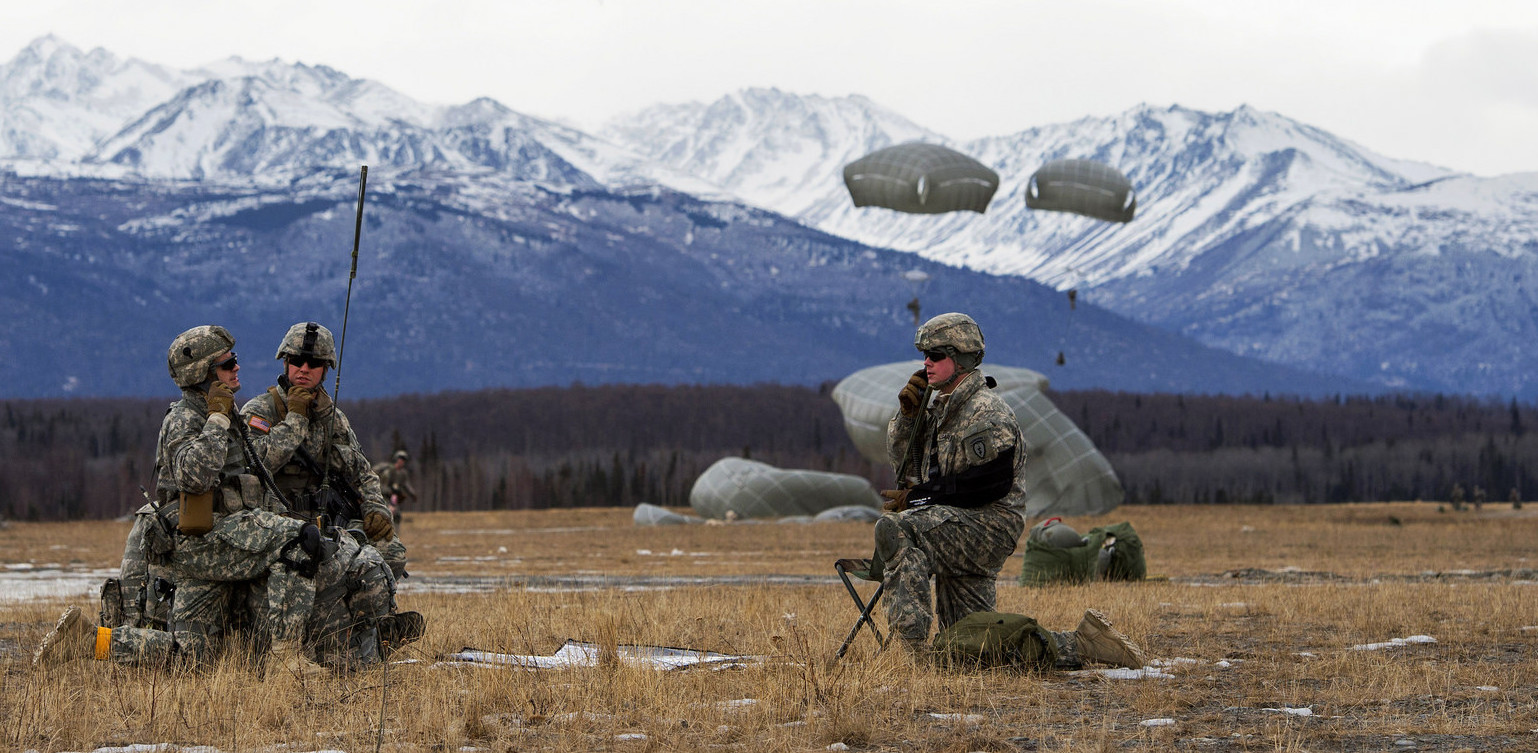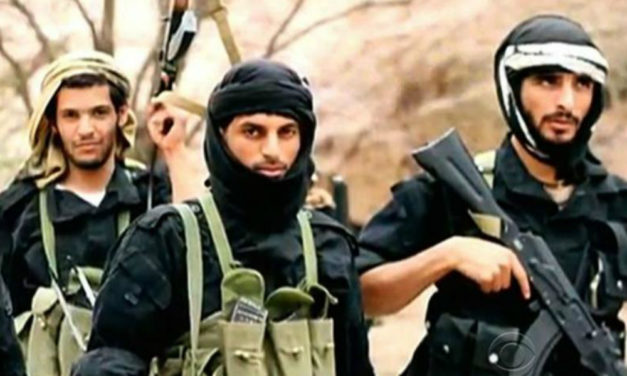MWI Podcast: The Once and Future Mission – Michael O’Hanlon
MWI and Michael O’Hanlon from the Brookings Institution discuss the current state of the Army, the future for the Army and US land forces, and how junior leaders and security professionals can prepare.
Read More

